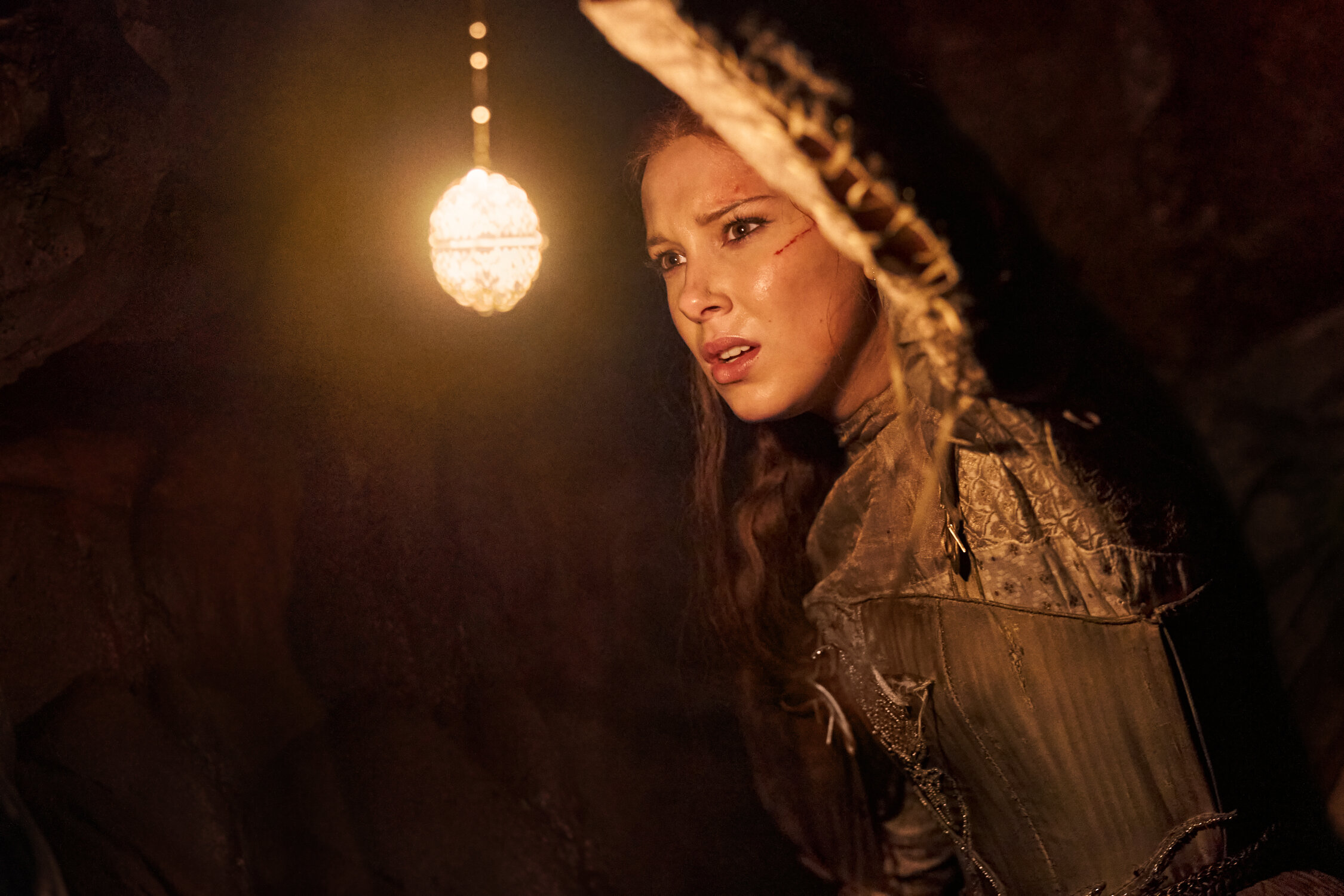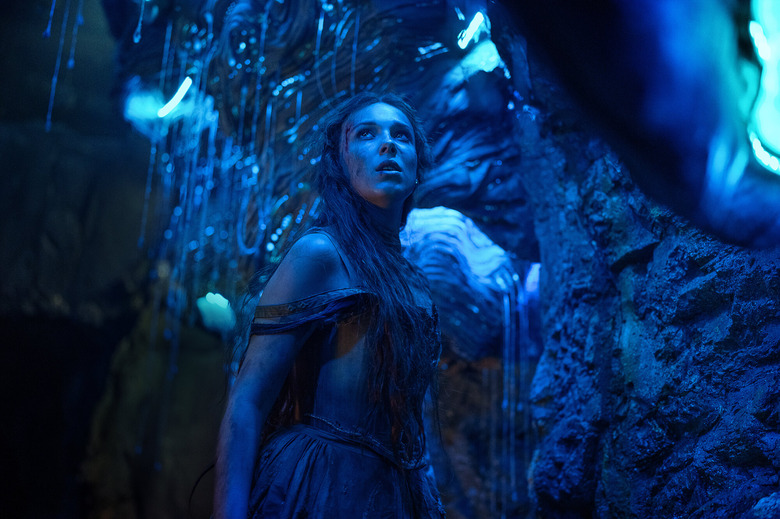This Is The Only Netflix Original Movie That Matters Right Now
As Netflix's newly appointed film division chief, Dan Lin will certainly have his work cut out for him once the streamer's current head of film Scott Stuber steps down at the end of this month. Among other things, the tepid response from critics to the streamer's newest films like Damsel and Spaceman continues to suggest that a change in strategy is warranted. Likewise, Netflix was almost completely shut out of this year's Oscars ceremony, winning just a single award.
Notwithstanding the negative reviews from critics, meanwhile, it could be argued that Millie Bobby Brown's Damsel is the streamer's only original movie that matters right now. As of this writing, Damsel is one of just two Netflix original films on Netflix's daily list of the Top 10 movies in the US (the other being Lindsay Lohan's new rom-com Irish Wish). Netflix's regularly updated global Top 10 data, however, does a better job of underscoring the gap between Brown's new dragon adventure movie and, well, everything else.
For the week-long period that ended on March 17, Damsel was the #1 Netflix movie in the world for the second week in a row. In its debut week on that chart, Damsel racked up 35.3 million views worldwide — and it significantly boosting that viewership total to 50.8 million views this week. The next closest movie on the chart, in the #2 spot, is Irish Wish, and it didn't even pull in half of Damsel's second-week viewership (19.5 million views).

Much of Damsel's performance, no question, is attributable to the presence of the Stranger Things starlet who here plays a young woman who has to save herself from the clutches of a dragon. Viewers, by the way, are also loving the movie just a smidge more than critics, if that counts for anything.
Despite its middling 56% Rotten Tomatoes critics score, based on 116 reviews at last count, the movie has slightly better audience score of 63% on the review aggregation site (based on more than 1,000 ratings from viewers). Although that audience score has dropped quite a bit over the last week or so, from 72% last I checked to 63% today.
What's going on here? It's part of, I think, a larger discussion with Netflix movies which offer a much more compressed window for storytelling compared to a Netflix TV show. We're talking about two hours or so for a movie, compared to generally eight hours for a TV series, with eight hour-long episodes tending to be the Netflix standard these days. Also, the scale is lost since you're watching a Netflix movie on your TV screen, smartphone, or tablet, compared to gawking at the production on a giant cinema screen.
Making the situation even more complicated is that movies require a bigger investment and longer time commitment compared to the more rapid cadence of TV production. Will the new film chief shake up Netflix's efforts here? That remains to be seen, but Lin (who produced the Lego movies as well as the new live-action adaptation of Avatar: The Last Airbender) would probably do well to reconsider how many movies Netflix makes a year, which movies Netflix is making, and who they're for.
Netflix has typically flooded the zone, releasing at least double the number of original movies each year that a traditional studio does. You'd think that the law of averages would result in a higher hit rate, but the fact of the matter is that so many feature films we continue to get from the streamer are along the lines of Damsel — big, splashy star vehicles that end up being overly divisive between critics and viewers. It's time for a change, especially considering that the importance of movies to Netflix is reflected right there in the second syllable of the company's name.
